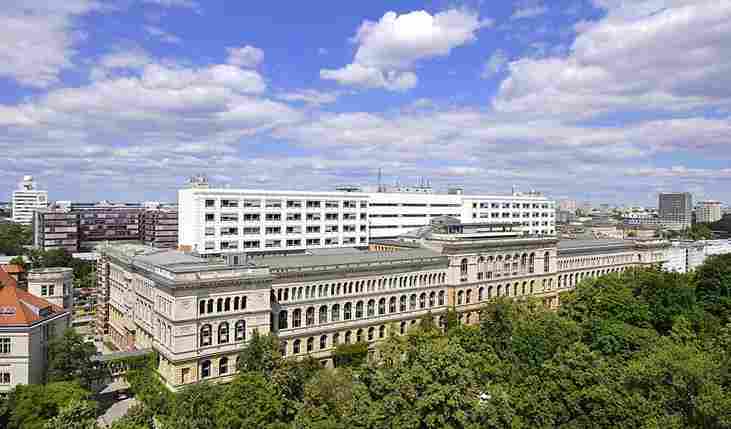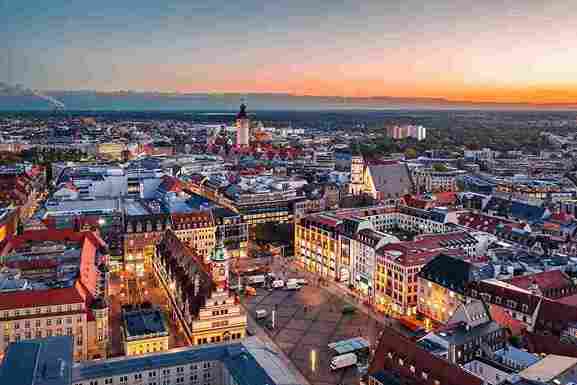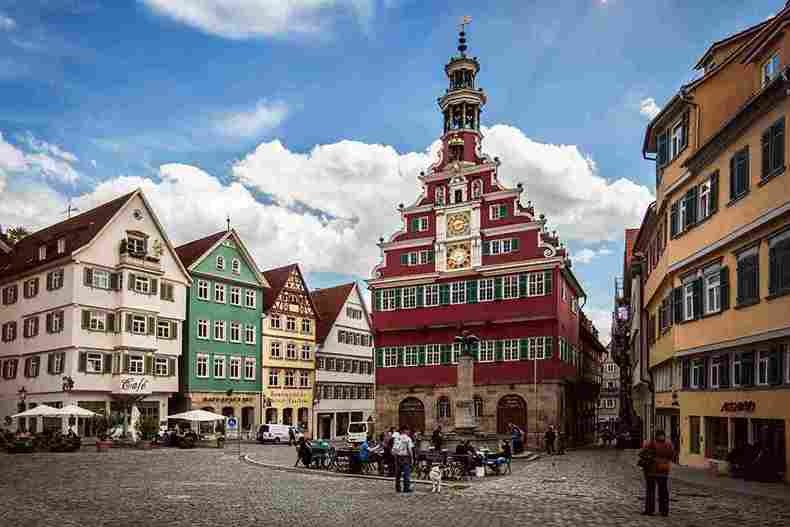WHY STUDY IN GERMANY?
Top-Ranked Universities
Home to institutions like TU Munich and Heidelberg University ranked among the world's best.
No Tuition Fees
Most public universities charge no tuition fees for international students.
Research & Innovation
State-of-the-art facilities and industry partnerships.
Work Opportunities
120 full days work allowance with excellent post-study visa options.
Multicultural & Safe Environment
A diverse international student population with a high quality of life.
English-Taught Programs
Many Master's programs and some undergraduate courses are offered in English.




























































